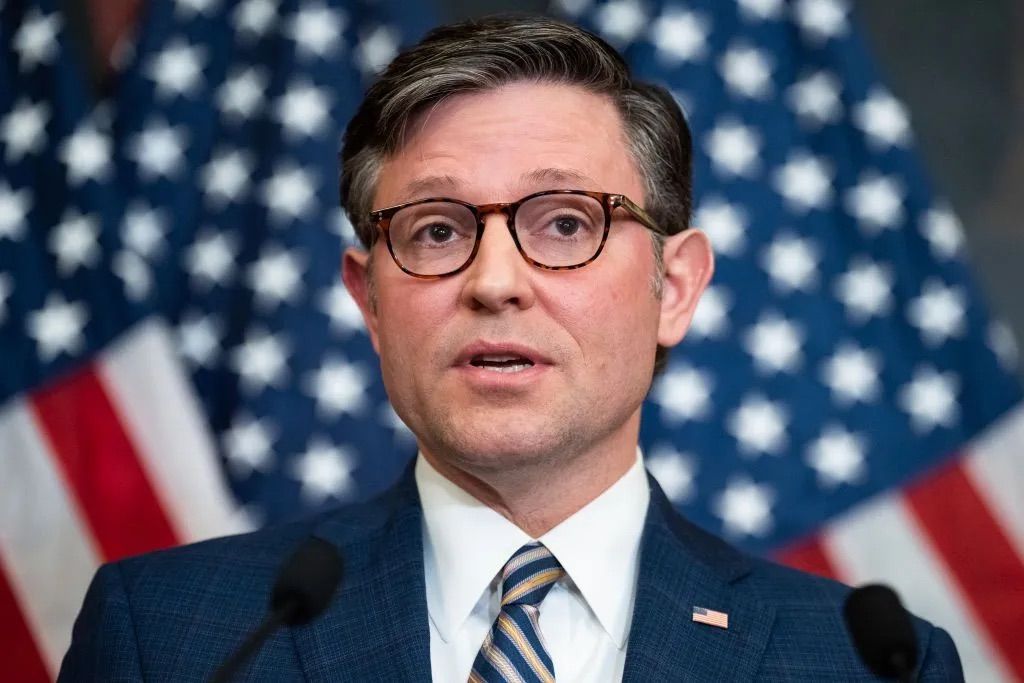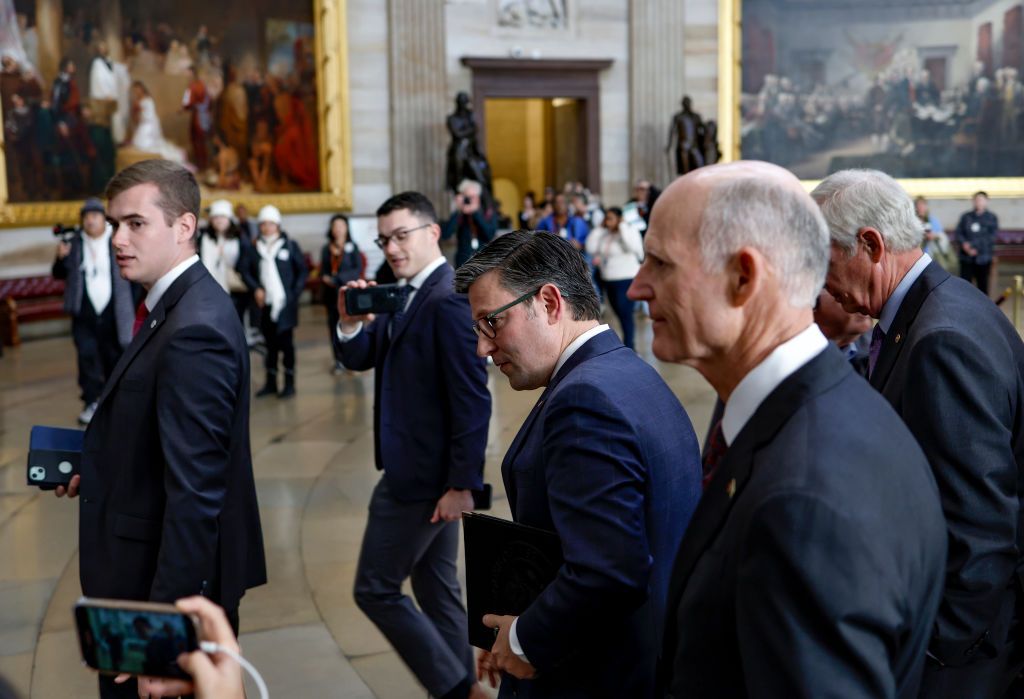As House Speaker Mike Johnson opposes the U.S. foreign aid bill allocating $60 billion for Ukraine, some Congress members are considering two alternative ways of pushing it through, The Hill reported on Feb. 15.
The Senate passed the $95 billion funding request, including assistance for Ukraine, Israel, and Taiwan, earlier this week. Johnson quickly poured cold water over the proposal, saying he would not put the bill to the vote, arguing that the country should first address the growing number of migrants at the southern border.
Johnson's views largely align with those of Donald Trump and the hardline faction within the Republican Party. Trump, the party's most likely nominee for the upcoming 2024 presidential election, openly voiced opposition to the bill.
One possible way of circumventing the speaker's opposition is a discharge petition, a procedure that would force the bill onto the House's floor without needing Johnson's approval.
The discharge petition would require the support of 218 lawmakers. In the situation when the House is led by a slim Republican majority, this would require at least some pro-Ukraine Republicans signing off on it.
"This is the way to do something bipartisan for our country's national security and to stand by our allies," said Gregory Meeks, a Democratic member of the House Foreign Affairs Committee and a proponent of the idea.
"It's urgent. Ukraine needs what they need right now."
As The Hill noted, discharge petitions are rarely successful as they require lawmakers to break ranks and go against the leadership of their own party. Even Congress members who favor assisting Ukraine may thus be hesitant to put their names on the petition.
The situation is further complicated by the fact that some progressive Democrats may not throw their support behind it due to the inclusion of aid for Israel.
At least one Republican, Greg Murphy, already said he is discussing the possibility of signing the petition.
The bipartisan Problem Solvers Caucus is preparing another alternative: a package that would address border security, Israel, Ukraine, and Taiwan. This version would contain only around $60 billion overall, including $40 billion for Kyiv.
The proposal could face opposition from the progressives, as it does not include humanitarian assistance, a crucial topic for parts of the Democratic Party amid the ongoing war in Gaza.
Johnson and the Trumpist faction have already rejected a previous proposal of over $110 billion that included both foreign aid and border security measures. While the speaker argued that the measures are too weak, Trump's critics said that the former president does not want to see the border issue resolved as he plans to run on the issue during the election.















